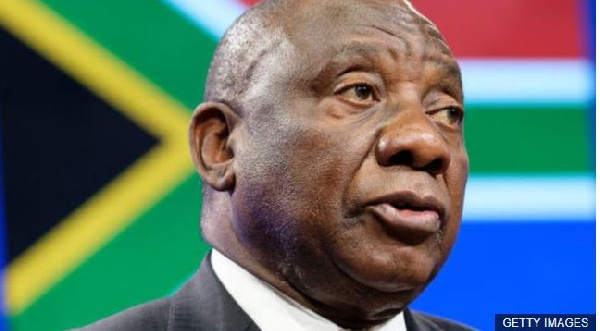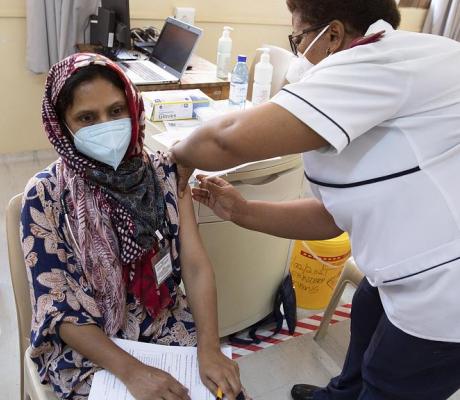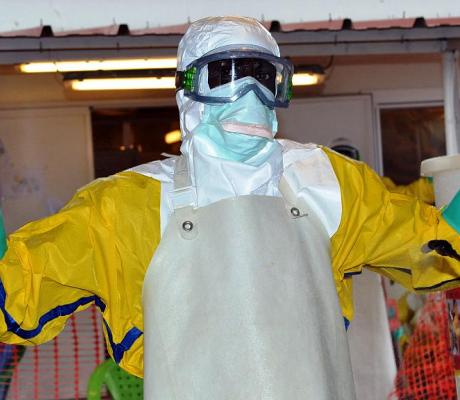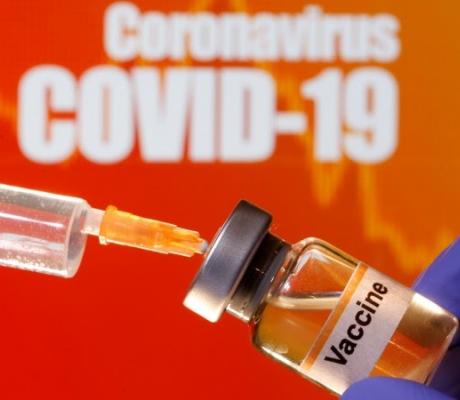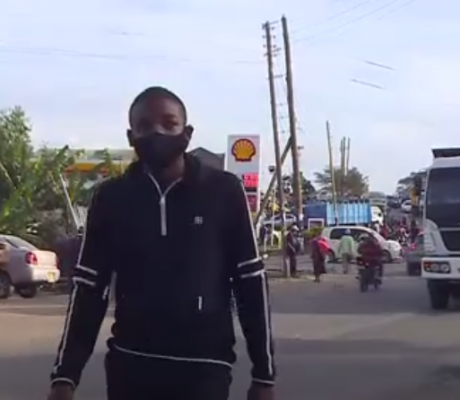The emergence of new outbreaks in several parts of South Africa has raised fears of a resurgence of the coronavirus, which could be encouraged by the expected gatherings during the festive season.
Authorities in the African country officially most affected by Covid-19 have been struggling to control the number of outbreaks since an increase was reported in November in the neighboring Eastern and Western (Southern) Cape provinces.
Nationally, the daily number of new cases has surpassed 3,000, a 50% jump from an average of 2,000 earlier in November.
More than half of this increase came from infections in the Eastern Cape and about 25% from the Western Cape Province.
"The small outbreaks we are seeing right now are temporary. Something must be done," Health Minister Zweli Mkhize said last week.
The rate of coronavirus transmission in South Africa had dropped sharply after peaking in July, with fewer than three cases detected daily per 100,000 people between late August and early November.
But the lull was short-lived, and authorities are now trying to combat a possible resurgence of the epidemic.
"We are not in the second wave but in these two provinces (...) we are in full resurgence," commented the government adviser in charge of the fight against the coronavirus, Salim Abdool Karim.
If these new epidemic outbreaks are not contained, it is "only a matter of time" for the whole country to be affected, he warned.
In the Eastern Cape's largest city, Port Elizabeth, hospitals are already struggling with the rebound of the epidemic, although local authorities say the situation is under control.
'Chronic shortages'
Still reeling from the shock of the first wave, the health services requested assistance from the NGO Médecins Sans Frontières (MSF) in three public facilities.
"The hospitals are really overwhelmed with a large number of patients, some even say more than in July," said an MSF official for the province, Dr. Colin Pfaff.
"The facilities are understaffed," he added, criticizing "chronic shortages" and citing contamination among medical staff.
Private facilities are also affected.
"Our hospitals in the Eastern Cape are incredibly full at the moment," Richard Friedland, head of South Africa's largest private medical network, Netcare, told AFP last week.
"We still have the capacity to treat new cases" with the installation of additional beds, he assured nevertheless.
While the provincial government assures that hospitals are neither "full" nor "overwhelmed", the South African Physicians Association accused the Department of Health this week of not providing adequate support to "overwhelmed" staff.
South Africa has recorded 792,000 cases, including more than 21,600 deaths, for a population of nearly 58 million people.
President Cyril Ramaphosa has ruled out a new lockdown at this stage.
The stringent infections which came into effect at the end of March have seriously affected the economy of the most industrialized country on the continent, causing 2.2 million people to lose their jobs.
The pressure to prevent a second wave is heightened by the prospect of the festive season when millions of people will travel to all the provinces to celebrate Christmas with their loved ones.
Hopes also rest on the prospect of a vaccine.
"The evidence that an effective coronavirus vaccine is possible brings hope," President Ramaphosa commented recently.
South Africa is currently conducting three clinical trials, and experts are hoping for first vaccinations in mid-2021.
"Ideally, we would like to vaccinate 70-80% of the population, but this is not going to happen quickly," warned Shabir Madhi, who is leading two of the three vaccine candidate trials, citing logistical and cultural challenges.
But even 30-40% of the adult population "would help us a lot," he added.
Source: africanews.com

